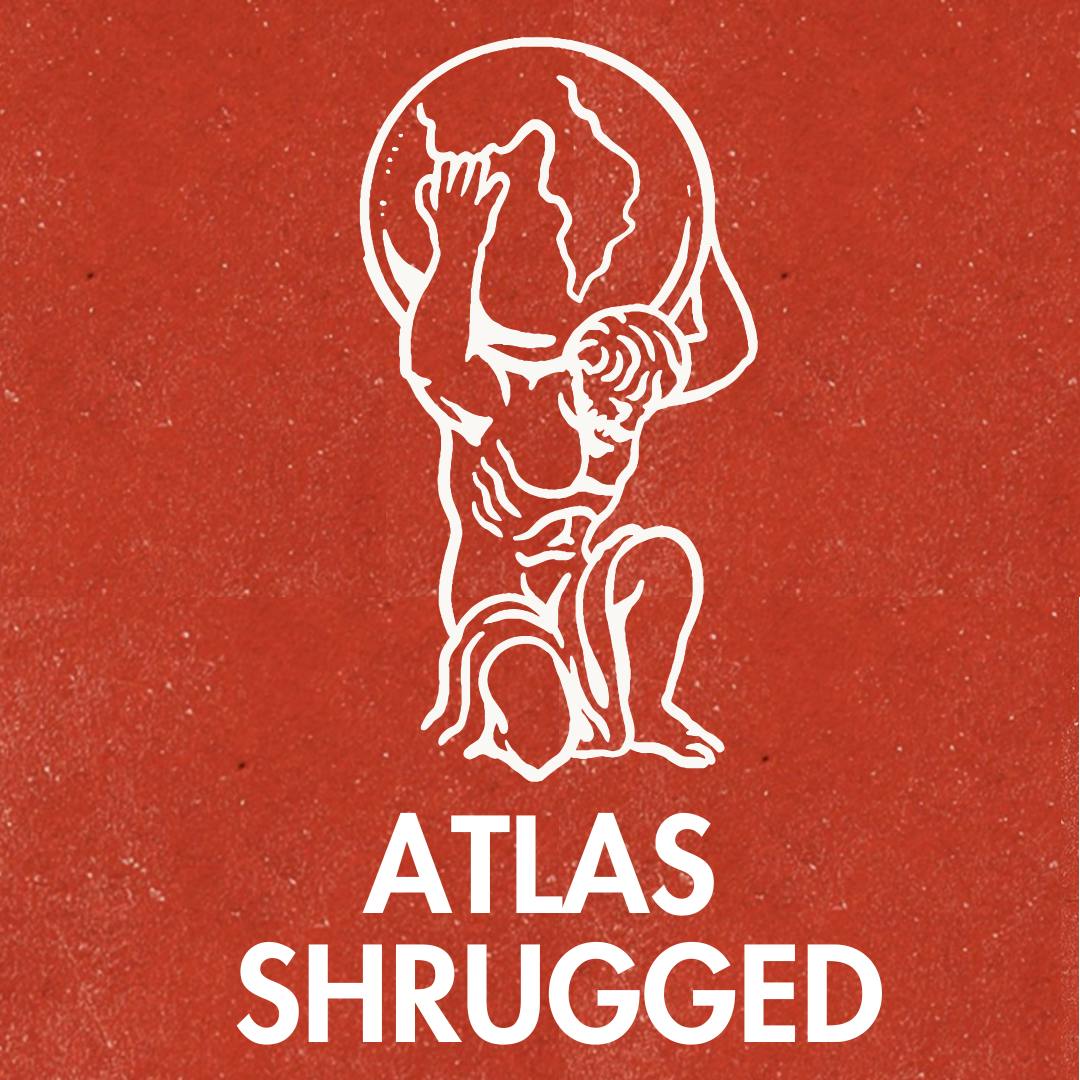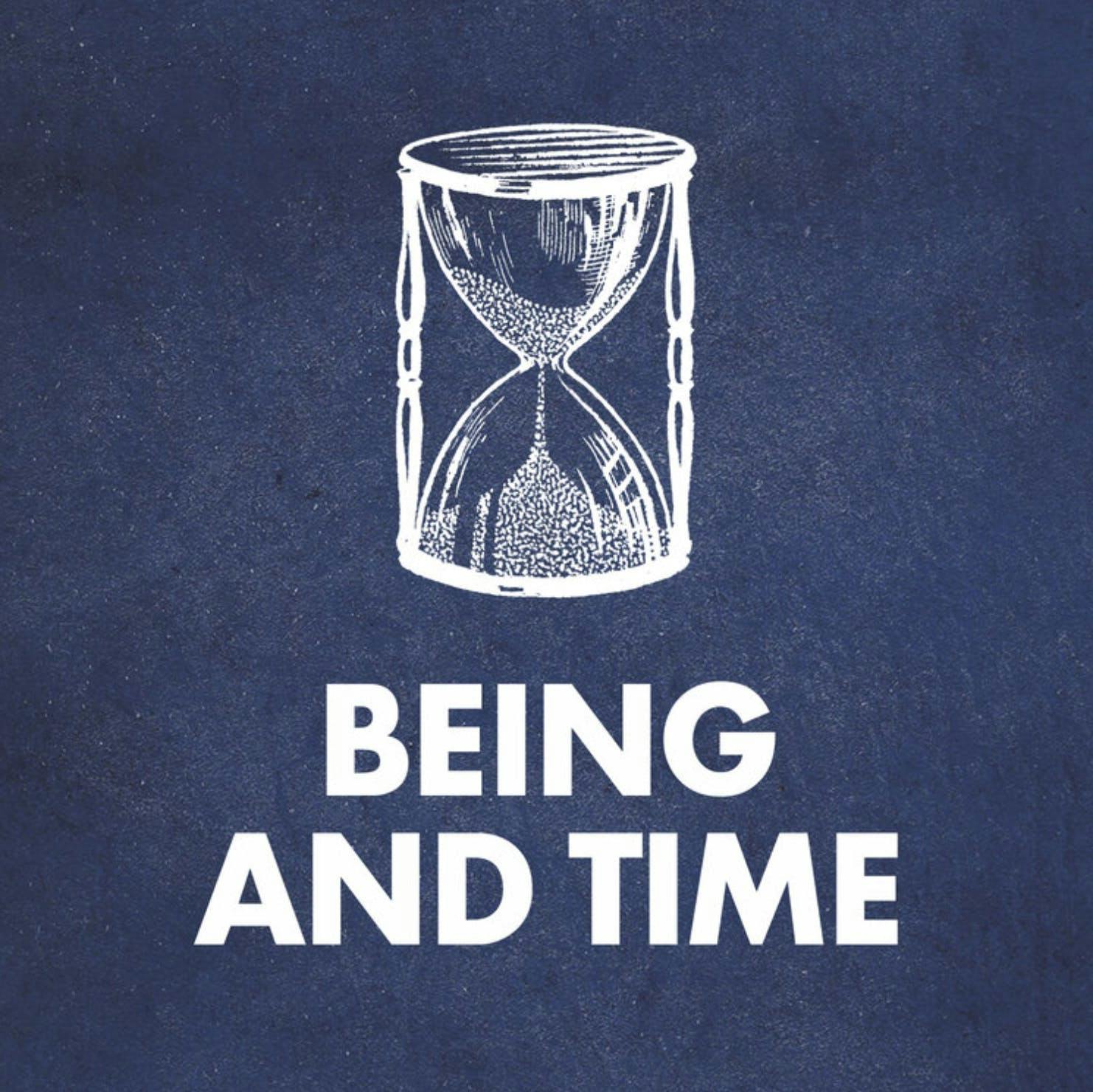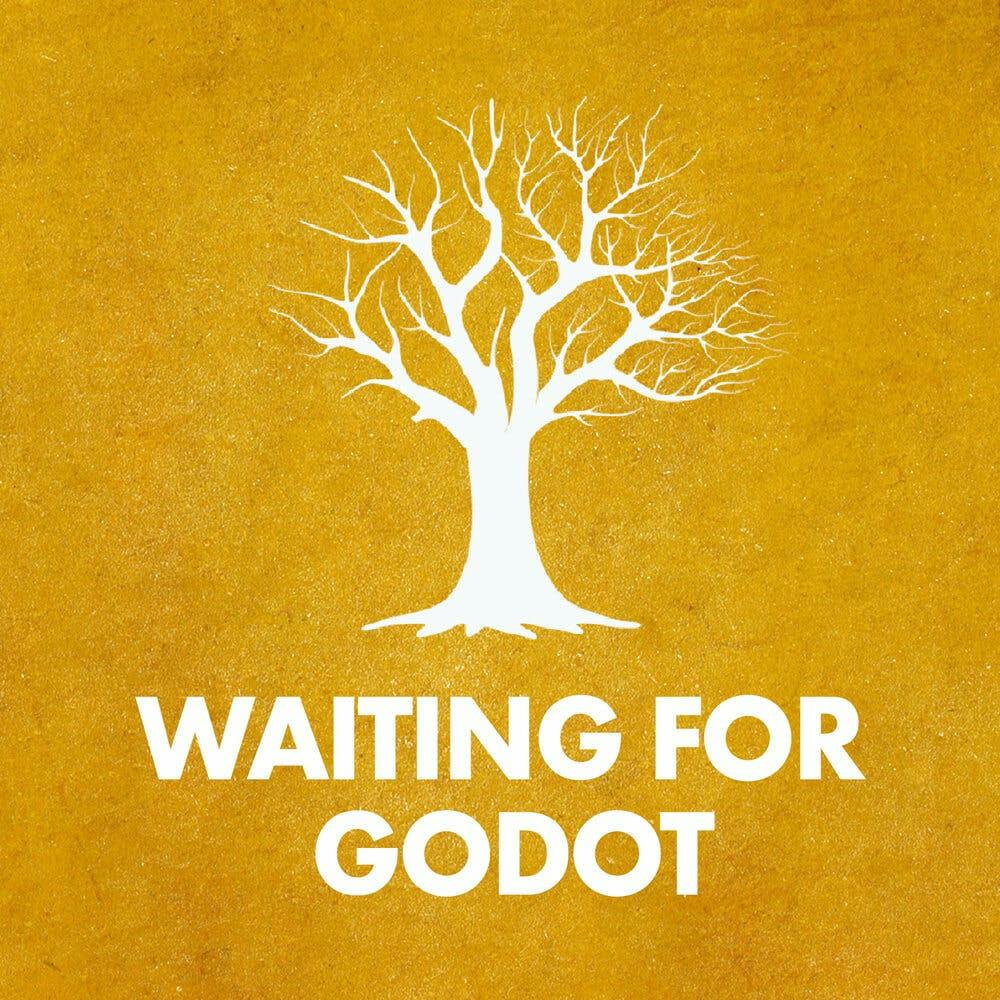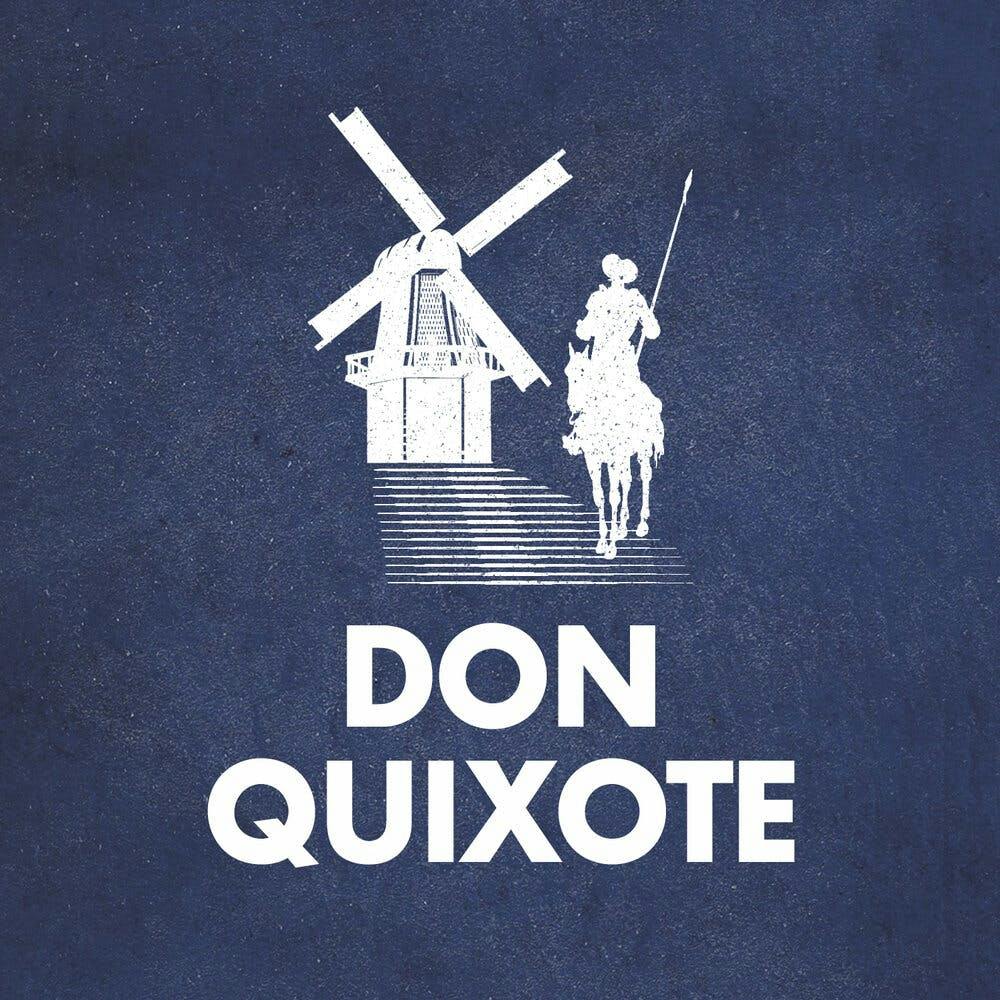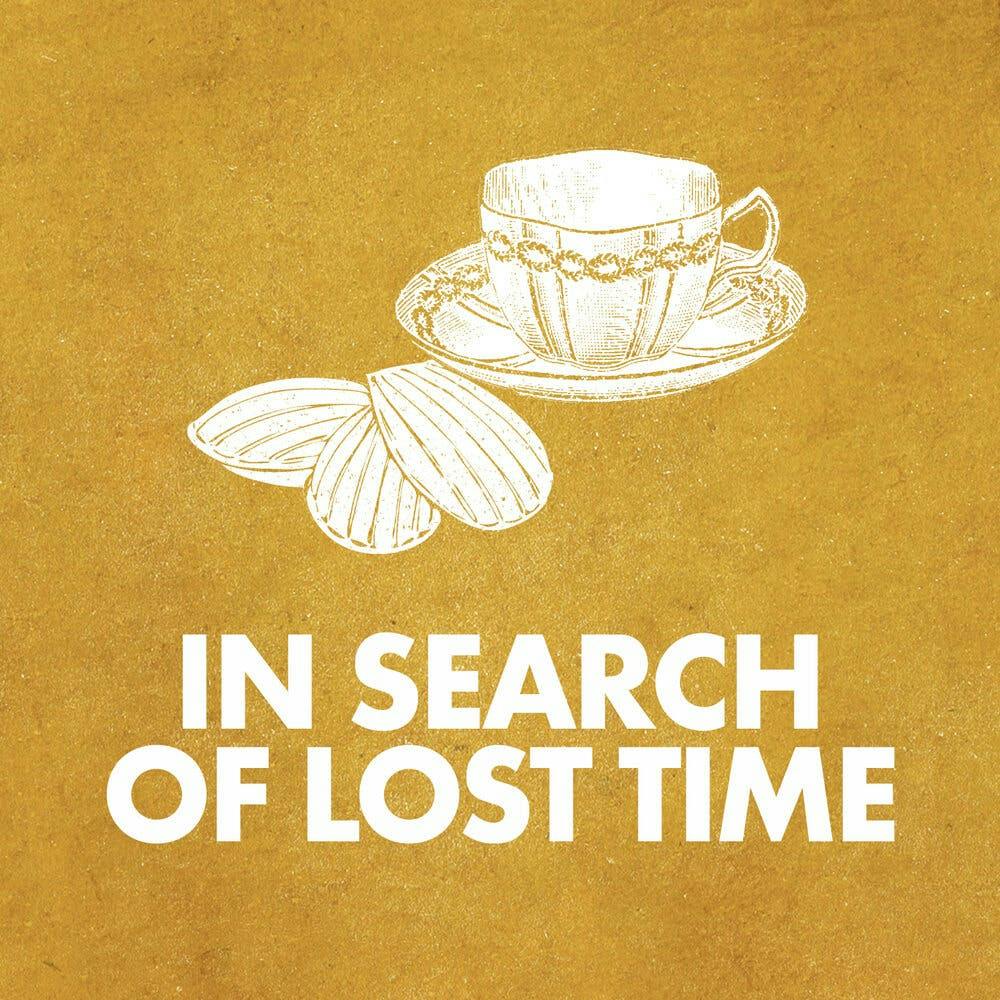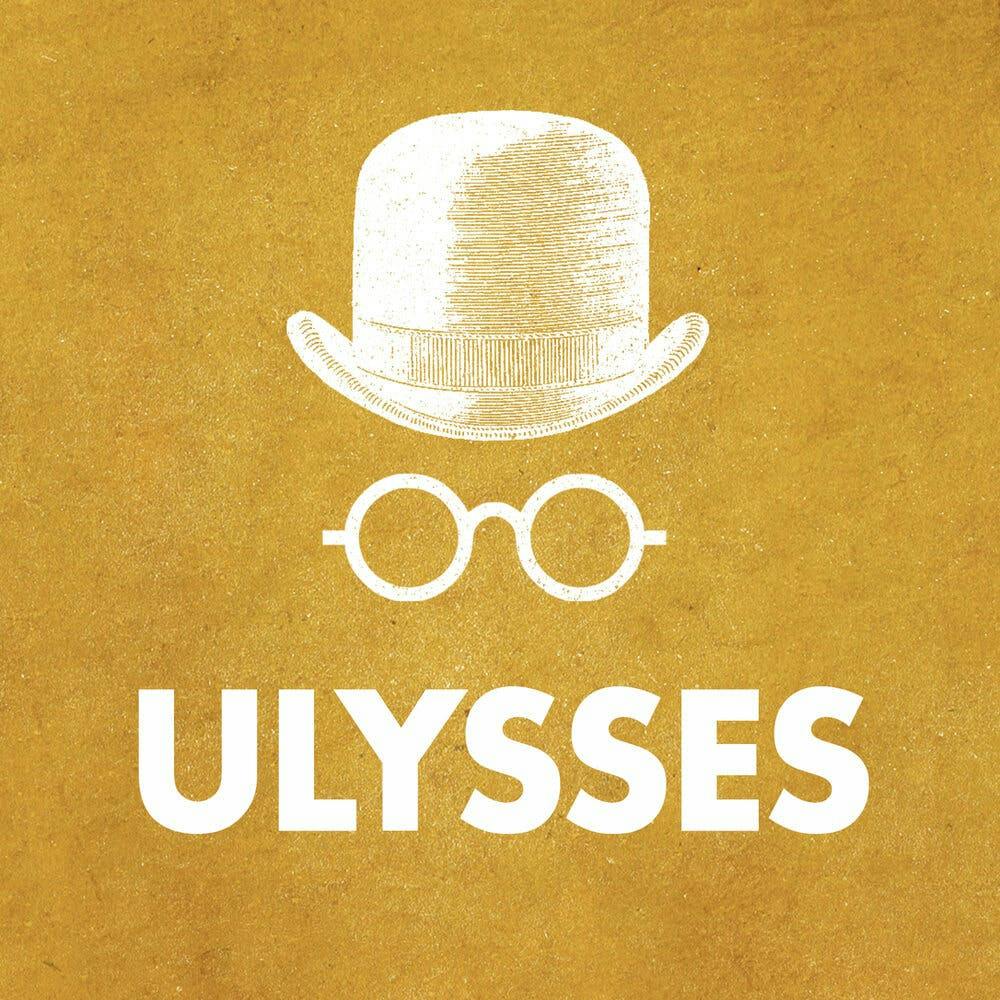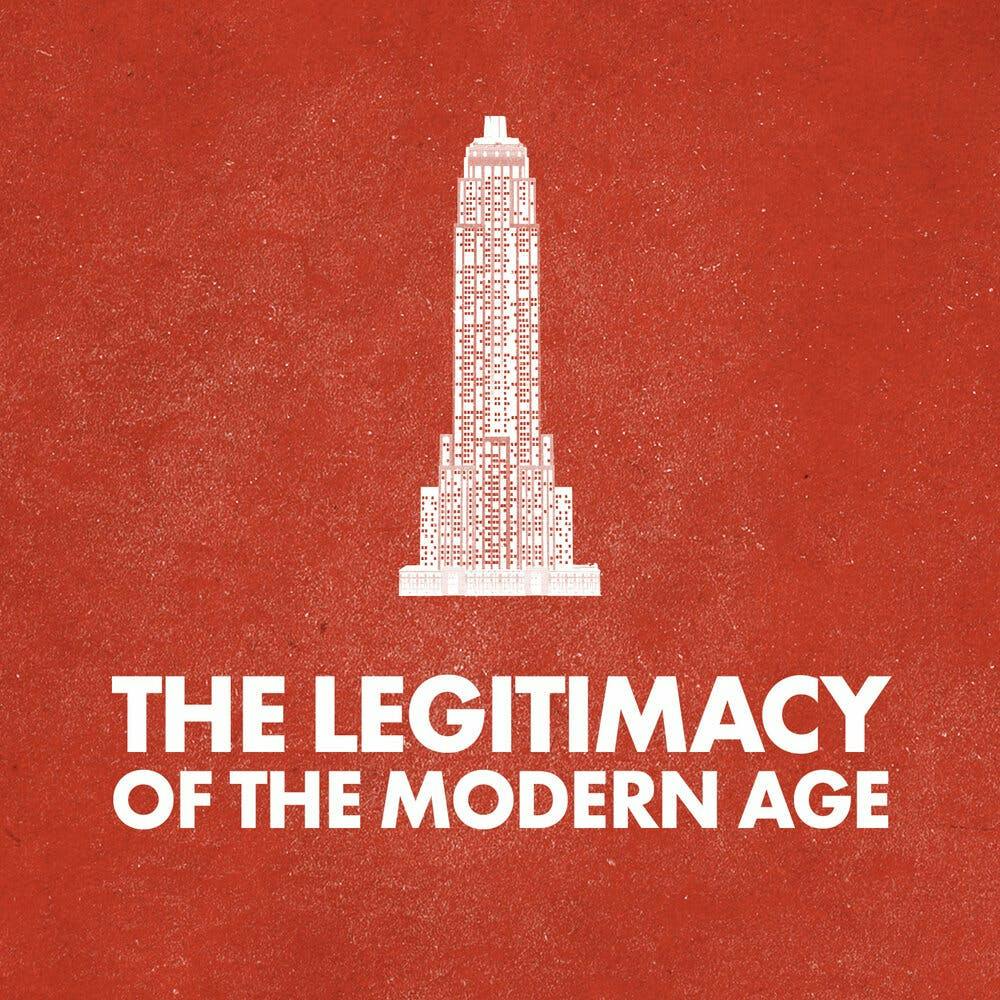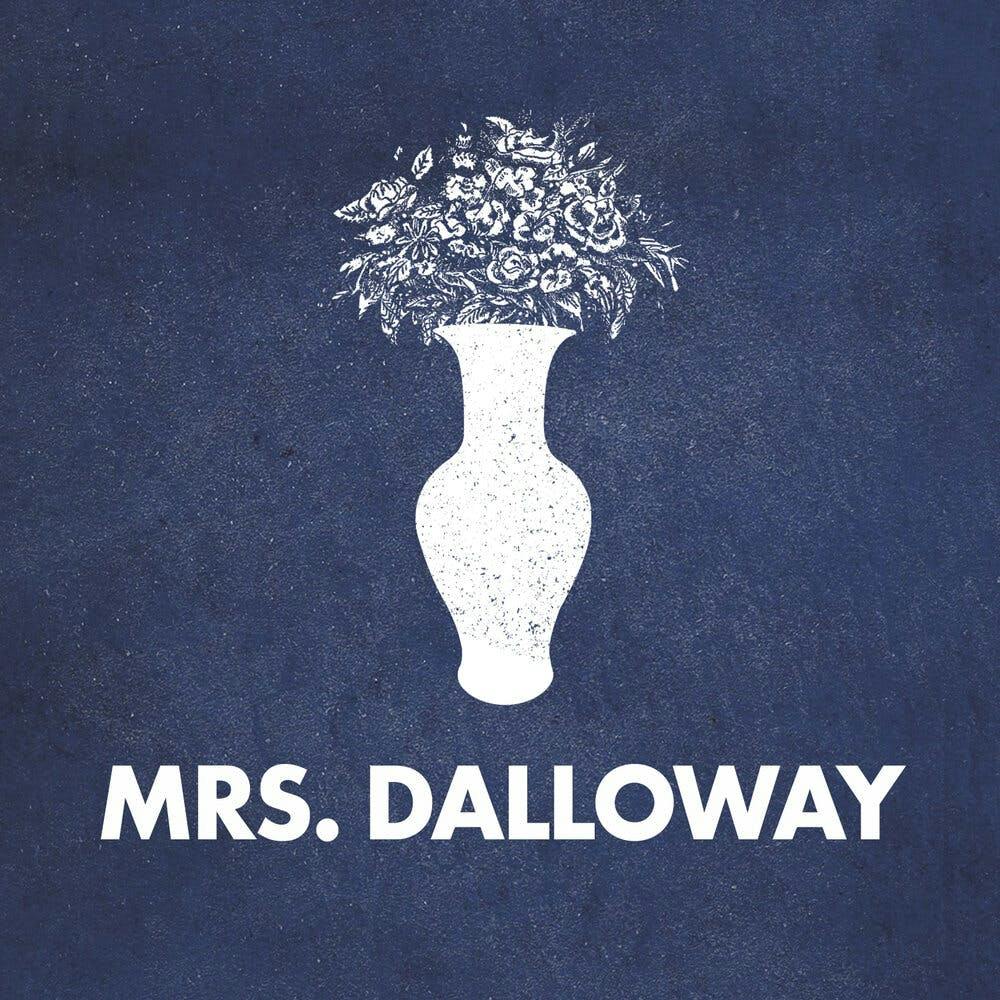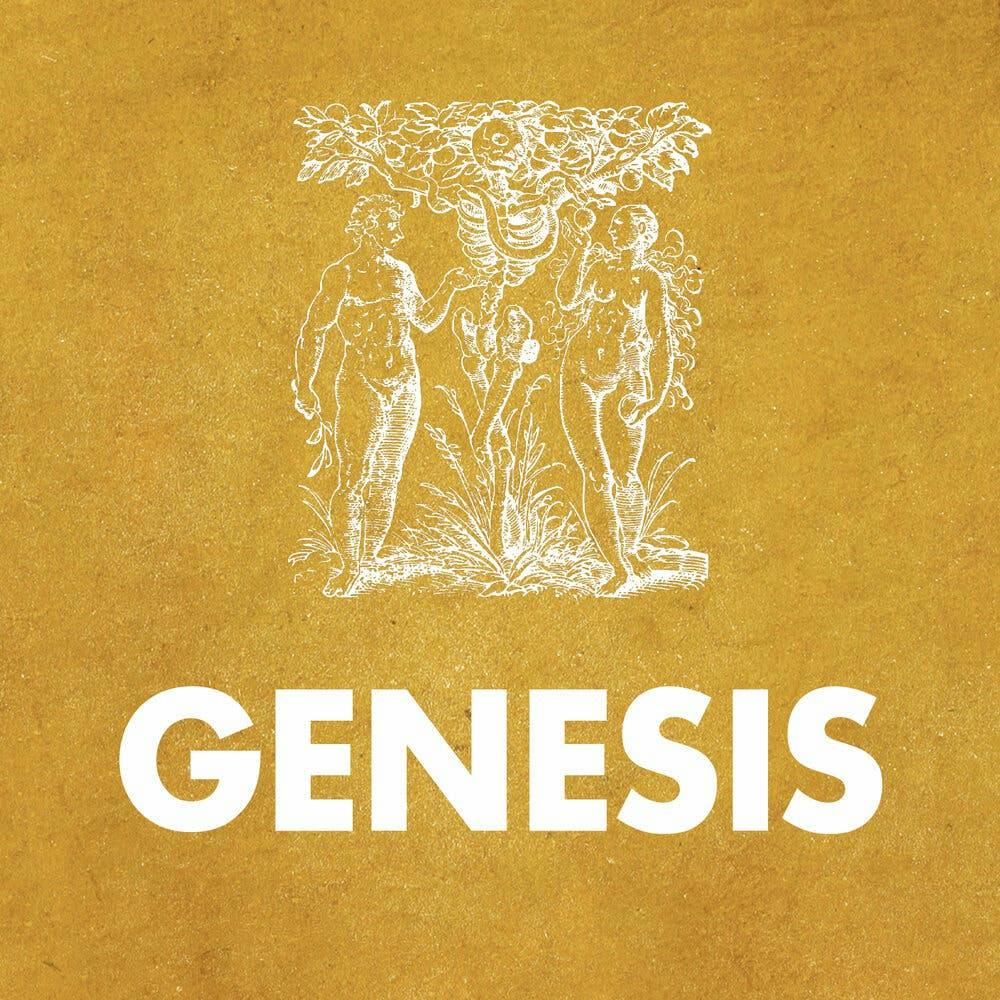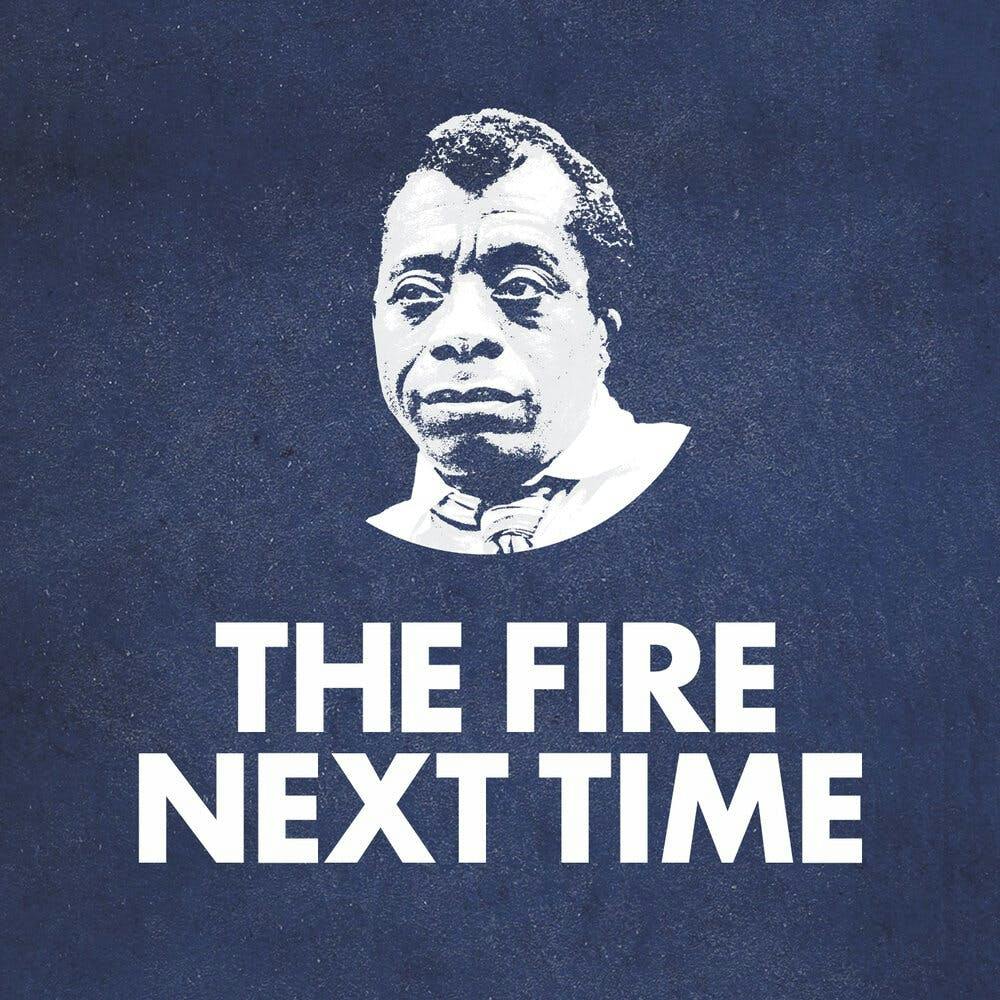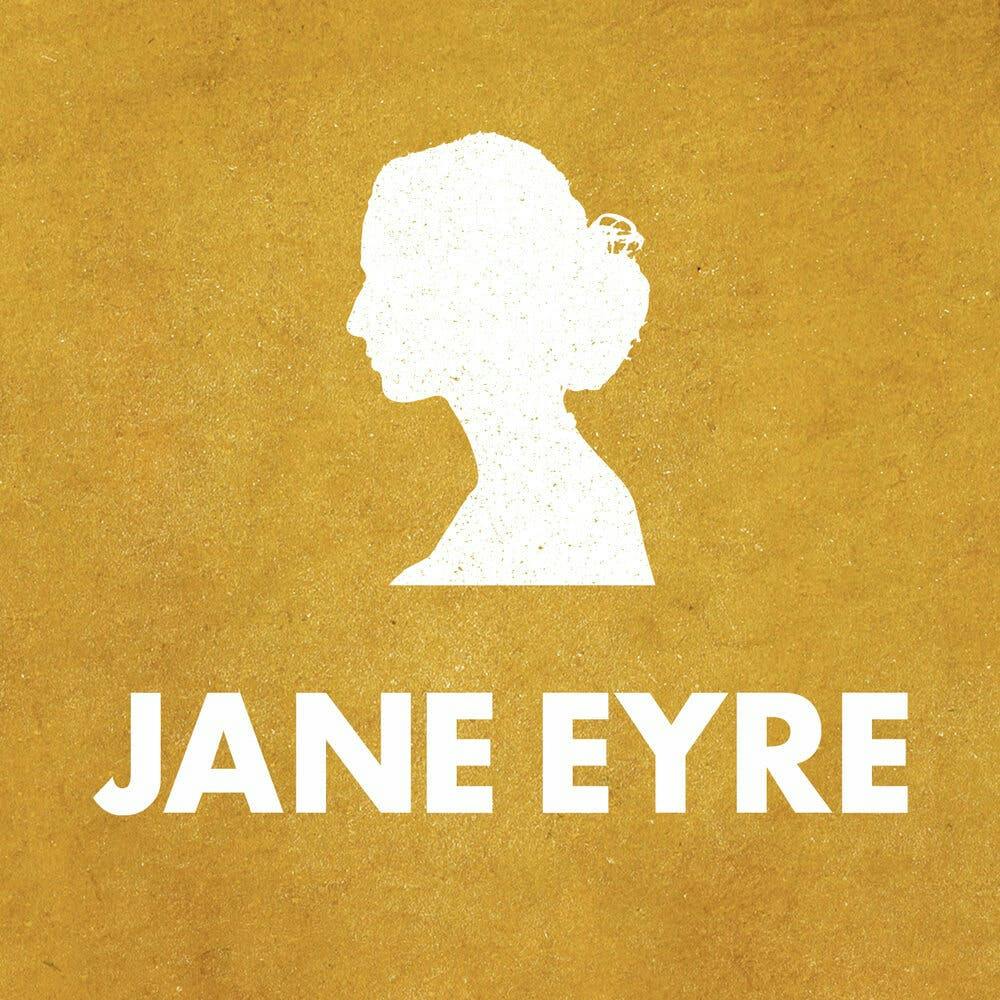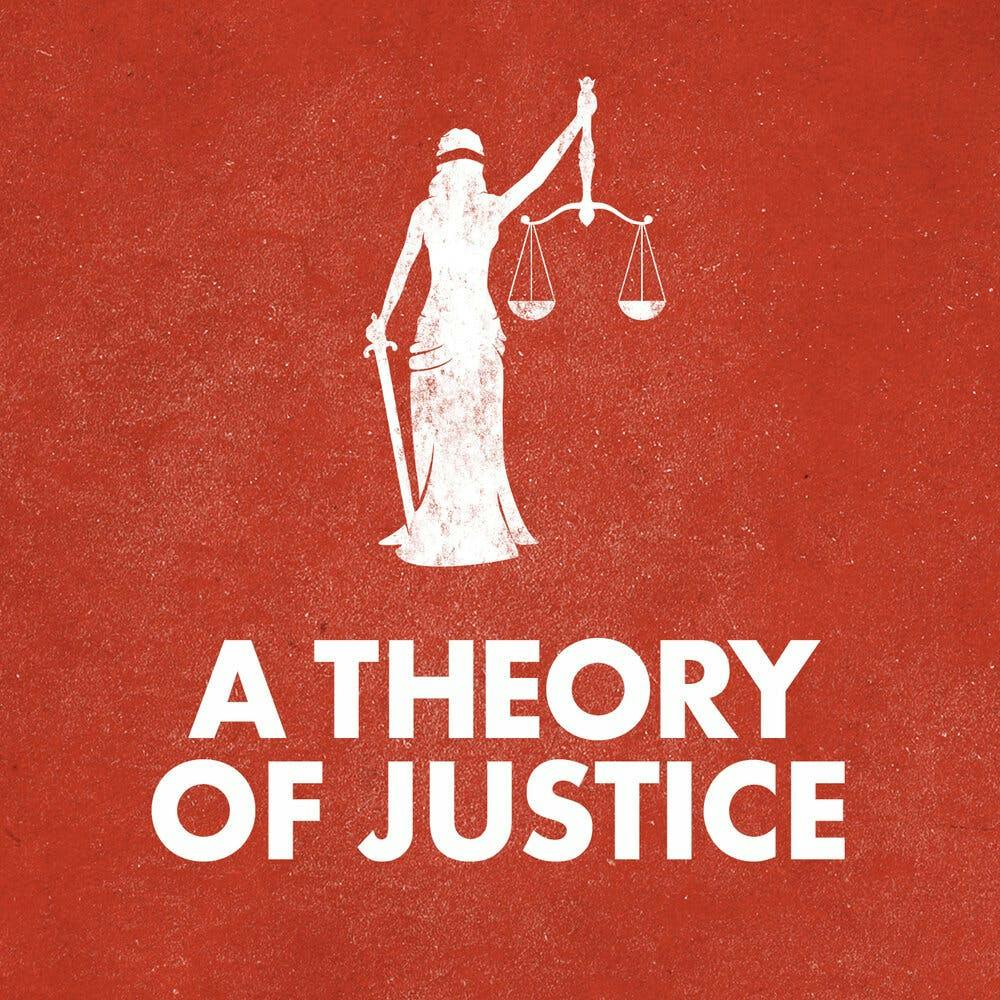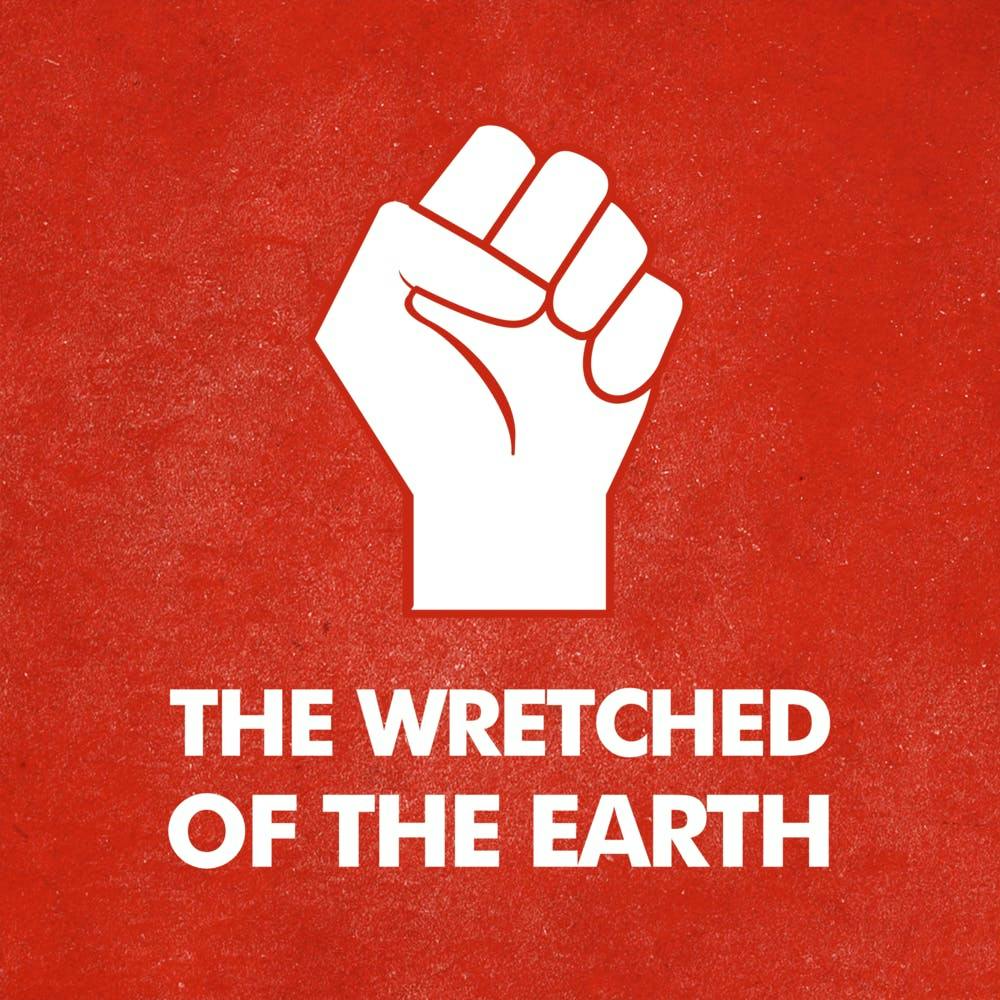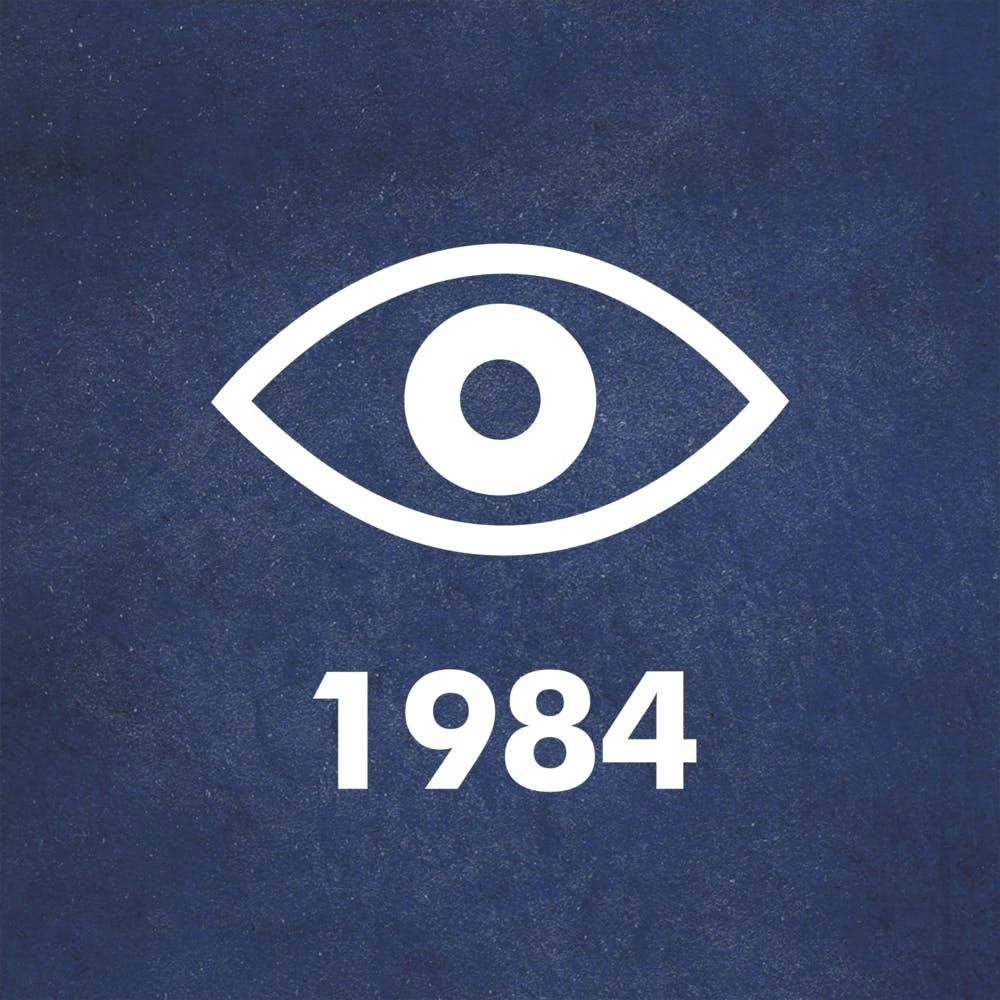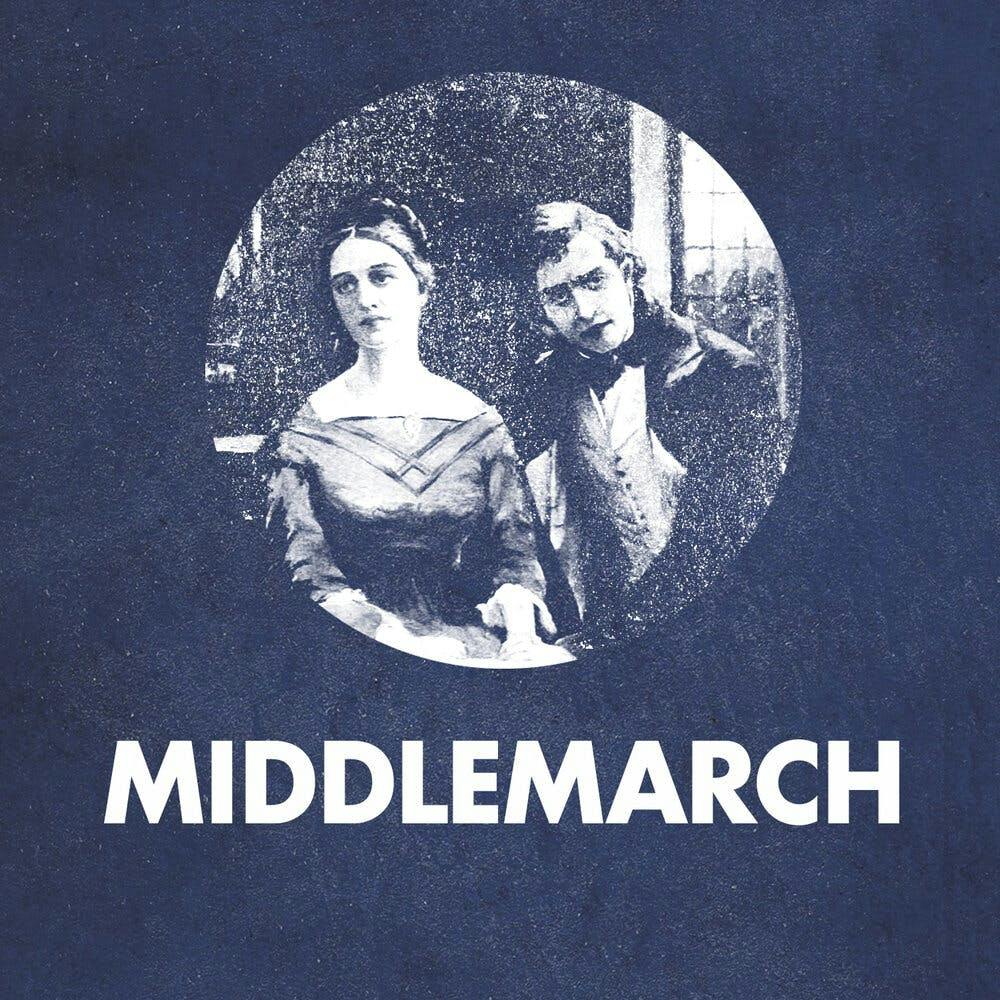On Ayn Rand's Atlas Shrugged
Description
Ayn Rand's 1957 novel Atlas Shrugged explores the question: What happens when the creators of a society refuse to create?
Her answer was a work that is equal parts dystopian warning, philosophical manifesto, and cultural Rorschach test. Though critics panned it, the book's characters, symbols, and moral vision continue to reverberate through American political life.
Our guest is Jennifer Burns, Edgar E. Robinson Professor in United States History at Stanford University. Burns is one of the world’s leading scholars of Ayn Rand and the history of American conservatism. In this episode, we explore Rand’s dramatic life—from her family’s business being seized by Bolsheviks, to her improbable career in Hollywood, to the fervent intellectual circle that formed around her—and unpack the philosophical and political legacy of Atlas Shrugged.
Atlas Shrugged has never gone out of print. It persists because it captures an enduring American anxiety: fear of an overreaching state, of a society that punishes excellence, and of a world where individual freedom might fall under collective control. It has became a continual source of inspiration for libertarians, business leaders, and generations of young conservatives.
For more information about Writ Large, visit https://www.ministryofideas.org/writlarge
Learn more about your ad choices. Visit megaphone.fm/adchoices

